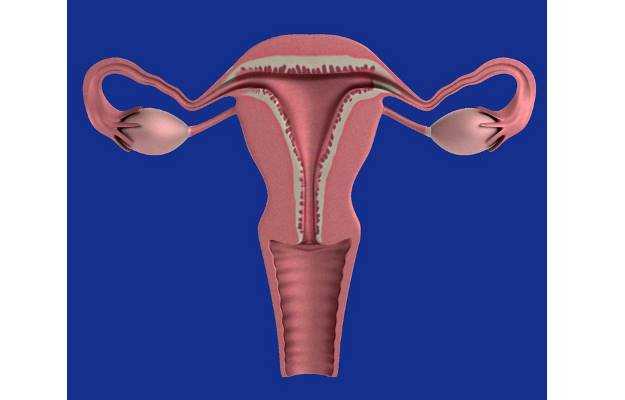What are Reproductive System Infections?
Reproductive system infections affect the genital tract in both men and women. These may be caused by the microbes usually residing in the body or those introduced from the surrounding. The infections can be classified as sexually transmitted or non-sexually transmitted. The latter is more common among women.
What are the main signs and symptoms?
The burden of infections is higher in women because it is mostly asymptomatic or the symptoms are unidentifiable. However, vaginal discharge is the most typical symptom among women. The other signs of reproductive system infections in women are:
- Genital pain.
- Burning and itching sensation while urinating.
- Genital sore.
- Pain during menses.
- Lower abdominal pain.
- Painful intercourse.
The following are the symptoms of infections in the male reproductive system:
- Fishy smelling discharge from the penis.
- Inflammation and itching.
- Pain.
- Skin lesions.
What are the main causes?
These infections are classified on the basis of their cause:
- Sexually transmitted diseases, such as chancroid, chlamydia, gonorrhoea, herpes, syphilis, and human immunodeficiency virus (HIV) infection.
- Endogenous infections, which are caused due to excessive growth of organisms usually residing in the genital tract of women, e.g., vulvovaginal candidiasis, bacterial vaginosis.
- Iatrogenic infections, which are caused due to faulty medical procedures, such as poor delivery practices and unsafe abortion.
How is it diagnosed and treated?
The diagnosis is based on the symptoms of the condition. Physical examination is a common step in the diagnosis of reproductive tract infections in both men and women.
Apart from physical examination, the doctor may recommend microscopic examinations of the vaginal discharge, a urine test, and sonography of the lower abdomen and pelvis in women to identify the exact cause of the symptoms.
The doctor may recommend urine analysis, microscopic examination of the penile discharge and sonography of the abdomen and pelvic region in men to determine the underlying cause of the symptoms.
The treatment may vary depending upon the exact cause of the infection. It generally involves symptomatic management of the condition. Antimicrobial medications, such as ceftriaxone, erythromycin, and amoxicillin, are prescribed by the doctor.
Certain preventive measures are:
- Avoidance of multiple sexual partners.
- Maintenance of good personal hygiene.
- Community education about sexually transmitted disease and the use of condoms.

 OTC Medicines for Reproductive System Infection
OTC Medicines for Reproductive System Infection















